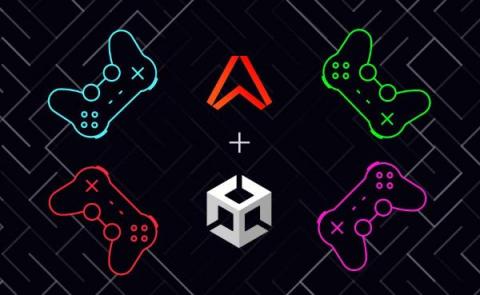Why you should use caching for your Codemagic Unity projects
TL;DR: Caching the Library folder can significantly speed up your Unity builds in CI/CD environments. Codemagic CI/CD also allows you to cache the Unity version of your project so that you don’t need to re-download it each time. When you work on complex Unity projects and start adding more and more resources, you’ll quickly notice that the build times in your Codemagic workflow grow as well.











